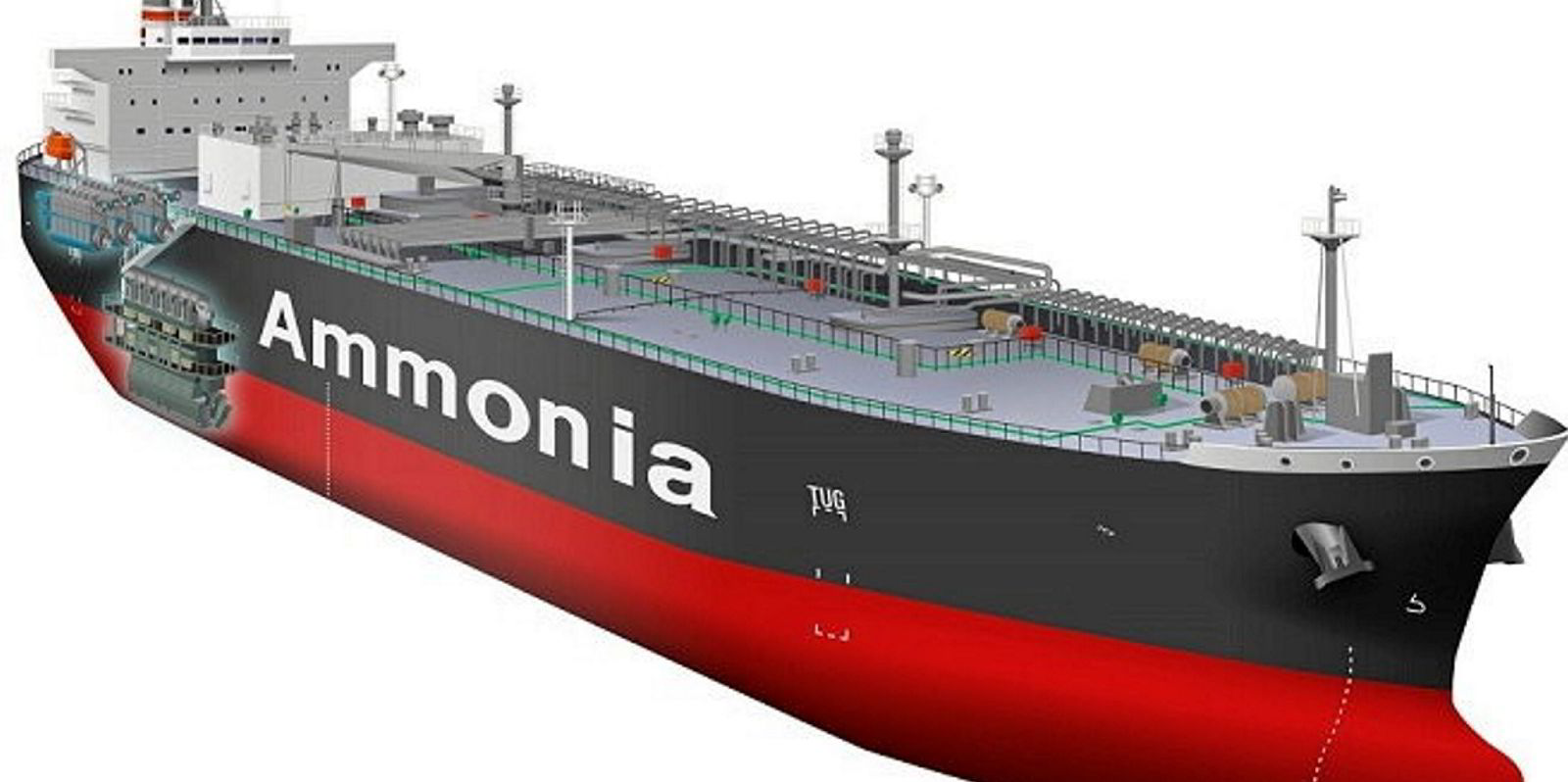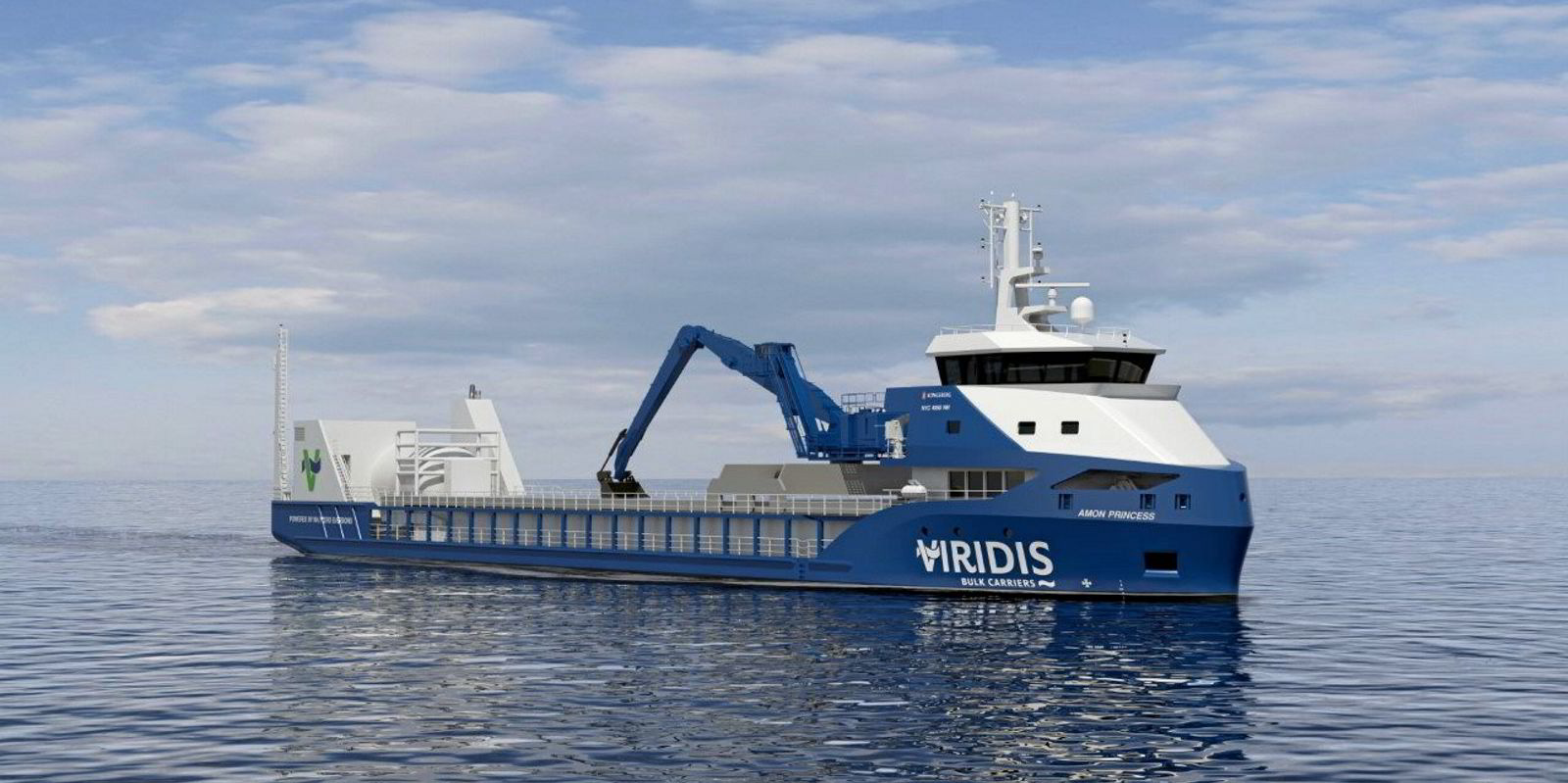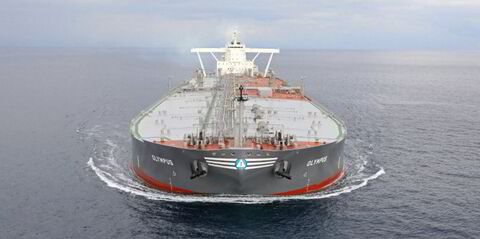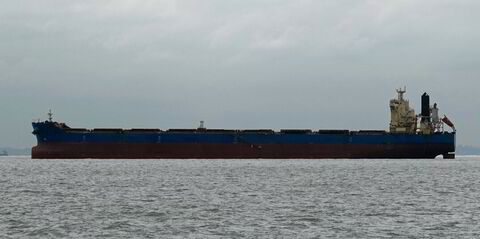UK shipbroker Clarksons is fielding ammonia project enquiries from existing and potential clients as shipping gets serious about decarbonisation.
As the race to build new vessels running on low-carbon fuels hots up, ammonia has moved firmly into the spotlight, the London shop said.
Towards the end of last year, high natural gas prices had forced ammonia production cutbacks, the company added.
As a result, prices were driven to all-time highs, but these are now dropping below 2022’s average.
“The high prices and supply reduction we saw in 2022 would normally have had a depressing effect on freight rates,” Clarksons said.
Instead, the shipping market became firmer as cargoes made their way to longer-haul premium destinations, increasing tonne-mile demand.
And new entrants looking to gain experience in ammonia took term shipping positions.
But demand for shipping is not as strong as it was and, for once, there is availability for short-term ammonia freight in the market, the broker said.
“In many respects, the short-term market is normalising and, as such, we can expect new entrants to be less enthusiastic to take time-charters than they were a few months ago, and we have seen them redeliver their positions back to the market,” Clarksons added.
Japan has been key in driving interest in ammonia.
The future of marine fuelling?
The government has given a firm directive in support of ammonia as a supplemental fuel for power generation and its future use as a marine fuel.
As a result, Japanese players have plenty of motivation to gain knowledge and experience in ammonia shipping, Clarksons said.
“This will likely lead to strong support for new ships that can carry ammonia as a cargo as well as burn ammonia as a fuel,” the London shop added.
The broker noted that virtually every new LPG ship order in recent months has ammonia cargo capability and is also ammonia-ready.
“After languishing in the background for many years, the spotlight is now firmly on ammonia. While its future looks bright, ammonia shipping rates will, at least for the foreseeable future, always correlate to the LPG market,” the company argued.
Ammonia is carried on LPG vessels, and it is the LPG market that determines how much of the fleet will carry ammonia, as well as what the freight levels will be, the broker explained.
“In short, everyone loves ammonia today, thanks mainly to hydrogen, but big brother LPG will have a major hand in shaping its future,” Clarksons said.





